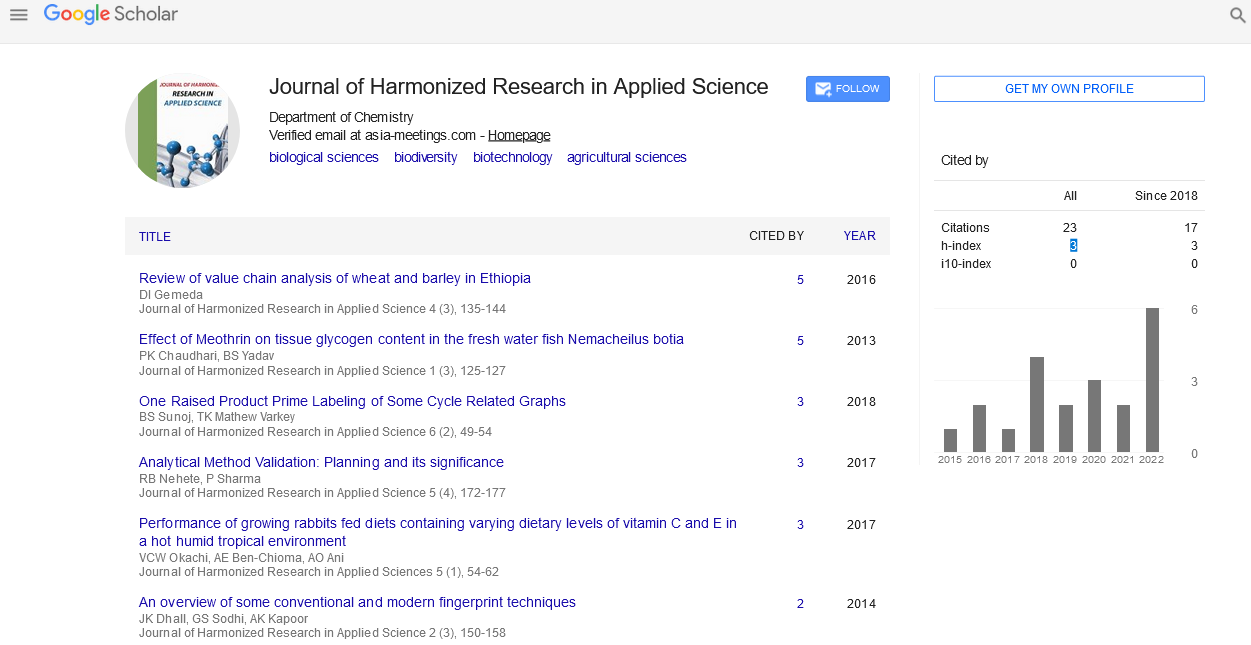STRENGTHENING THE IMPLEMENTATION OF POLICY IN ENVIRONMENTAL CONFLICT MANAGEMENT: THE CASE OF SWAZILAND
Abstract
Author(s): Alfred Francis Murye
Implementation of environmental management policies enunciated by the Government of Swaziland under the auspices of Agenda 21and the MDGs, is still a major challenge for both custodians and would be beneficiaries in the country. Incidents of conflict regarding environmental management, especially rationalization of exploitation of natural resources have thus featured prominently. An exploratory study was carried out by the author, to assess and document the role of environmental policy in conflict management. Both qualitative and quantitative approaches were used in collecting data and their analysis. A questionnaire and interview techniques were used for collecting data; content analysis on environmental policy documents as well as documents on incidences of environmental management conflict was done, using the Policy, Structures, Performance (PSP) Framework; and a survey of opinions of custodians of environmental policy and all stakeholders regarding the performance of policy was done using the Nominal Group Technique (NGT). The study established that, most of the policies are in conflict with each other, while some are outdated. Government officials, policy planners and implementers view integration of environmental issues into policy as being strong, while beneficiaries rate it as being weak. Enforcement and monitoring of policy feature as major constraints. This is due to lack of professional capacity. The author strongly recommend that both policy makers and implementers should conduct awareness campaigns through advocacy; policies should be harmonized and housed under one roof; authentic public participation in policy formulation and implementation is of paramount importance; capacity building of policy implementers is crucial in terms of human and financial resources, as well as technological and structural stature; outdated policies need thorough interrogation, review and subsequent alignment to the current environment, as should concerted efforts in multi-sector and multidisciplinary research for sustainable solutions that should inform policy. Key Words: Environmental policy, conflict management, policy formulation, policy implementation, Swaziland










